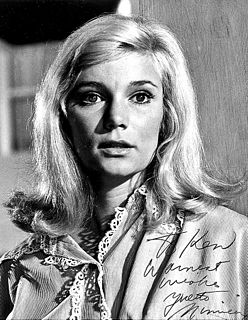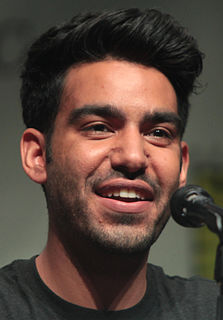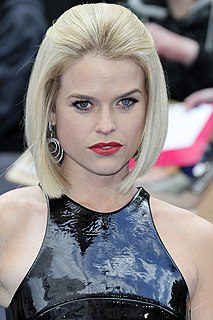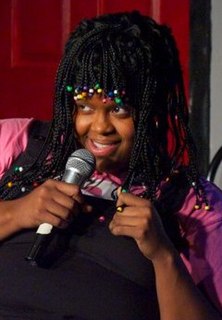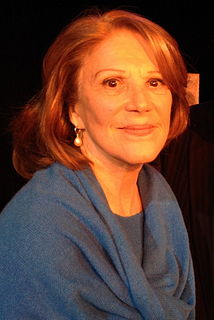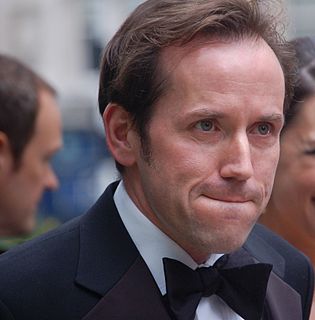A Quote by Yvette Mimieux
To give a successful character portrayal on stage or on film, the part has to be played inside of you.
Related Quotes
You get to know a character that you play on-stage in a pretty profound way over a length of time. I don't want to sound highfalutin and say you become the character, you just start bringing more and more of yourself to the part until the character and actor, it's hard to tell them apart. It's some weird amalgam. In film, because of the period of time, I don't know that you ever get that deep into it.
I'm not a writer; I'm an actor. My job is to take whatever character I'm given and - especially because I have the responsibility of being a black actress, and I know young black girls are looking up, and everyone's looking to what's on television - to just try to give whatever character I'm playing as three-dimensional a portrayal as I can.
In film, the camera can get an array of shots so the audience can see the emotion the character is giving off. Using close-ups on the character's face really helps get the message across. On stage, you can't do that. But the stage has that live feeling that you can't get anywhere else because the audience is right there.
Stage is so important because it teaches me how to convey character with words - how to convey how a character reacts by the way they appear on stage. I can usually tell a playwright from someone who has never written for the stage. Did the character work? Did the dialogue reveal who the character is?
Plays are literature: the word, the idea. Film is much more like the form in which we dream - in action and images (Television is furniture). I think a great play can only be a play. It fits the stage better than it fits the screen. Some stories insist on being film, can't be contained on stage. In the end, all writing serves to answer the same question: Why are we alive? And the form the question takes - play, film, novel - is dictated, I suppose, by whether its story is driven by character or place.
What I consider a good part for a woman and what some other Hollywood people think are good women's parts are very different. I don't' want to play the supportive girlfriend who has nine scenes and just loves that man, maybe cheats on him in one scene but will always be there, and I mean - give me a break. You'll be offered the "lead" in this new hot film with such-and-such A-list director, "a fabulous part" - a fabulous part? A fabulous part is a character with a soul, who starts here and goes to there, you know? There aren't many of those.
